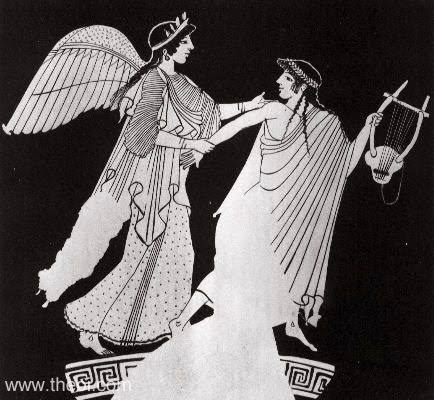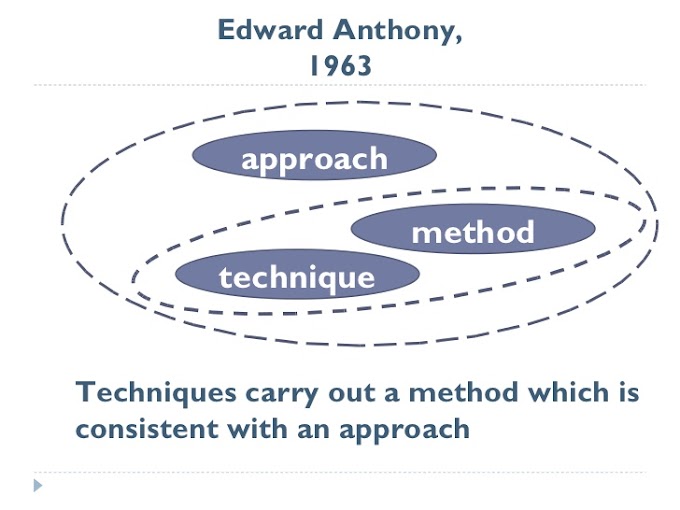 |
| Racial Inequality in "I, Too, Sing America" |
Introduction
The theme of inequality between the white and the black Americans has been brought out in the poem "I, Too, Sing America." The use of the word "too", in the very title of the poem, and several times in the body of the poem, indicates the poet's intention of talking about himself and others in the matter of love for the country, America.
At the time when the poem was written, there was glaring discrimination between black Americans and white Americans.
The theme of Racial Inequality in "I, Too, Sing America"
The word "too" points to this discrimination. Again the images of the "darker brother" and eating in the "kitchen" reinforce the discrimination and make it clear that a dark person is a slave at a white man's house. The relationship between slave and master becomes clear from the images.
The whole poem is an explication of the theme of inequality between the black and the white citizens of America. The poet states in the beginning that he is the "darker brother". Here the mention of "darker brother" implies its opposite of "white brother".
The inferior, not equal, position of the darker brother becomes still more clear when the speaker states the fact of his being sent to the kitchen for eating his meal there on the occasions when visitors come to the house of the master of the "darker brother".
Next, the speaker describes how he eats in the kitchen. He eats well and grows strong. This description tells us that the darker brother, the Negro slave, at a white man's house, is deeply heart by the situation of discrimination created by his white master. He mentally cherishes a grudge against his white master and prepares himself for future revenge on him.
To do that, he eats well and grows strong. Moreover, the expression "I laugh" has two-edged connotation; it indicates that he is happy to eat whatever and however much he likes to eat, and also sardonically expresses his deep dissatisfaction at his master's measure.
The inevitable corollary of dissatisfaction at the inequality that has been expressed in the second stanza is the desire to take revenge on the person that causes the dissatisfaction or to destroy the object that causes it.
The third stanza indirectly expresses this revenge. The poet says,
The third stanza indirectly expresses this revenge. The poet says,
"Tomorrow,/I'll sit at the table/When company comes./Nobody'll dare/say to me,"Eat in the kitchen."
His future hope of becoming equal with the other person, the white man, is stated here. This future hope is an indirect expression of revolt against the inequality imposed on the "darker brother" In the final stanza, there is the expression of the hope of final triumph over the white people.
They will not only admit equality but also be ashamed of their past disposition of inequality for black people. "I, too, am America" is an expression stronger than "I, too, sing America".
Conclusion
Thus the theme of inequality between the black and the white people is clearly brought out through various poetic devices. So, we can say that the theme of racial inequality in I Too Sing America is vivid and obvious. Langstone Hughes describes everything very well.




0 Comments